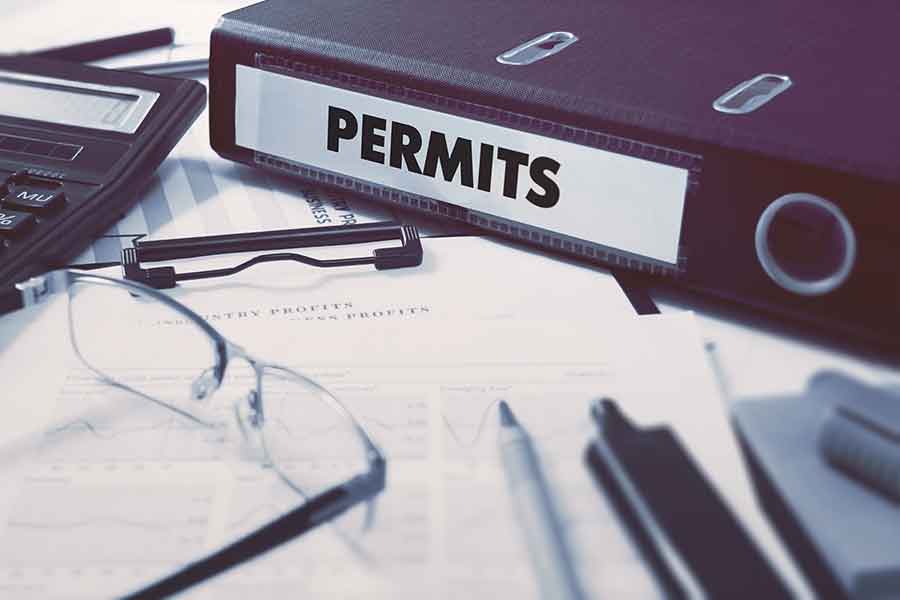Blog
Maricopa County Excise Tax Bonds
Excise tax bonds can come into play in multiple industries and vary by state and county. For instance, in Maricopa […]
Recent
What You Should Know About Full Coverage Car Insurance in Casa Grande
Navigating the ins and outs of car insurance can be quite...
September 23, 2024New to Casa Grande? Here's How to Transfer Your Car Insurance
Welcome to Casa Grande! Moving to a new city in Arizona i...
September 13, 2024Bonds
Recent
What You Should Know About Full Coverage Car Insurance in Casa Grande
Navigating the ins and outs of car insurance can be quite...
September 23, 2024New to Casa Grande? Here's How to Transfer Your Car Insurance
Welcome to Casa Grande! Moving to a new city in Arizona i...
September 13, 2024Stay in touch with us
And get a free quote!











